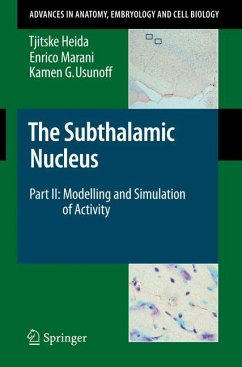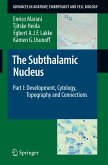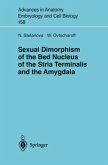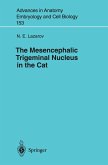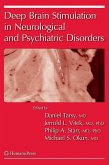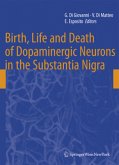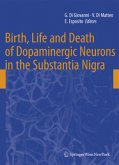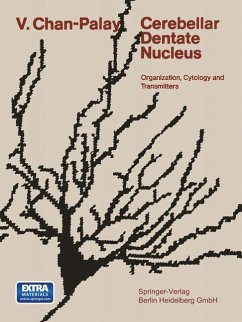Part II starts with a systemic model of the basal ganglia to evaluate the position of the STN in the direct, indirect and hyperdirect pathways. A summary of in vitro studies is given, describing STN spontaneous activity as well as responses to depolarizing and hyperpolarizing inputs, and high frequency stimulation. STN bursting activity and the underlying ionic mechanisms are investigated. Deep brain stimulation used for symptomatic treatment of Parkinson's disease is discussed in terms of the elements that are influenced and its hypothesized mechanisms. This part of the monograph pays attention to the pedunculopontine-subthalamic connections and tries in cell cultures to mimic neurotransmitter actions of the pedunculopontine nucleus and high frequency stimulation on cultured dissociated rat subthalamic neurons. STN cell models: single and multi compartment, and system level models are discussed in relation to subthalamic function and dysfunction. Part I and II are mutually compared.
Bitte wählen Sie Ihr Anliegen aus.
Rechnungen
Retourenschein anfordern
Bestellstatus
Storno

